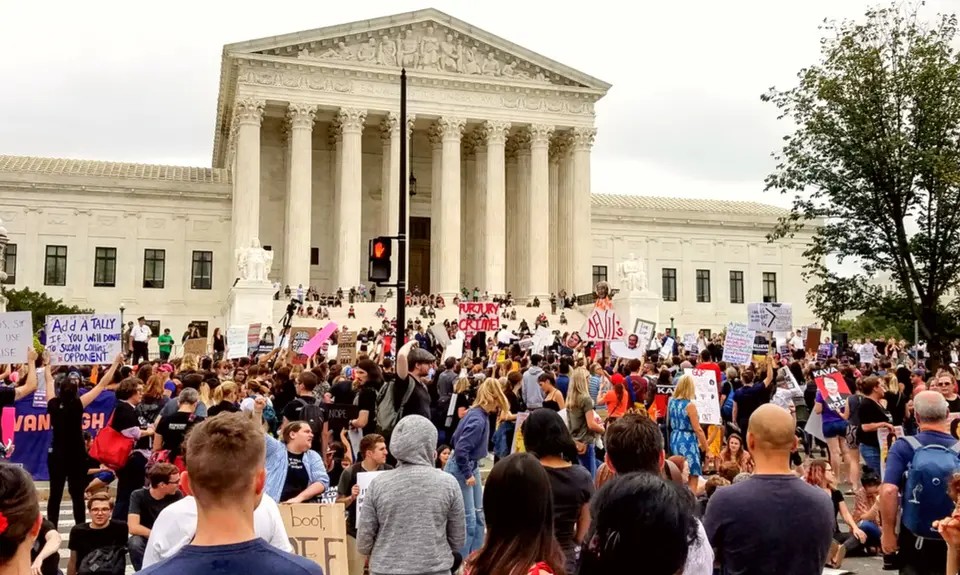On April 27, the House Judiciary Subcommittee on the Courts held an important hearing on “Building Confidence in the Supreme Court through Ethics and Recusal Reforms.” The hearing featured testimony from ethics experts who further documented the need for such reform and discussed possible alternatives. Witnesses noted bipartisan support for ethics rules concerning the high court. Committee Republicans, however, spent most of their time attacking those who have recently raised ethics concerns about Justice Clarence Thomas. Achieving bipartisan support in Congress for Supreme Court ethics reform remains a challenging task.
What did witnesses testify about the need and bipartisan support for Supreme Court ethics reform?
Most of the witnesses agreed on the need for ethics reform on the Court, going far beyond the recent troubling concerns about Justice Thomas. Gabe Roth of Fix the Court provided examples of behavior by six current justices “flouting basic ethics rules.” These justices include Democratic as well as Republican nominees, and “none…was Clarence Thomas.” For example, Justices Gorsuch and Sotomayor failed to recuse themselves from a petition involving a book publisher that had paid substantial royalties to each.
Other than Republican witness Mark Paoletta, the experts agreed that the recent revelations about Justice Thomas and his wife Ginni raised extremely serious concerns. As NYU ethics expert Stephen Gillers put it, “the Thomases went too far” when Ginni Thomas advised Trump adviser Mark Meadows about legal strategy. This included trying to present 2020 election issues to the Court on which her husband serves. In addition, he explained, she has a direct interest in avoiding disclosure of communications between her and Meadows. This made it improper for Justice Thomas to vote on cases concerning such possible disclosure.
Witnesses also documented bipartisan support for a Supreme Court code of ethics among the American people. Roth explained that a recent poll showed that more than 75% of respondents, including more than 60% of Republicans, favored adoption of a “code of ethics for the justices.” At the same time, polls show the public has lost confidence in the Supreme Court. Roth also noted that as recently as 2018, the Judiciary Committee approved on a bipartisan basis a bill establishing such a code. As Roth concluded, the “era of the nine justices” functioning like “nine independent law firms” when it comes to ethics “must end.”
What alternatives did experts and the Committee discuss?
Much of the discussion focused on the 21st Century Courts Act. Subcommittee Chair Hank Johnson is a cosponsor of the bill, which has also been introduced in the Senate. It would call on the Court to adopt a code of ethics as other federal courts have, and apply that code to the justices if they fail to take action. The bill would also tighten standards for justices and judges to recuse themselves from cases where they face a conflict of interest and to explain such decisions publicly. It also strengthens rules concerning payments for judicial travel and friend-of-the-court briefs.
Roth, Donald Sherman of Citizens for Responsibility and Ethics in Washington, and most Democratic members supported the act. Committee Republicans and Paoletta opposed it. Prof. Gillers had concerns about Congress’ authority to enact the law, but strongly supported measures to encourage the Court to adopt and enforce an ethical code.
What did the hearing show about prospects for bipartisan cooperation and what comes next?
At least in the House as of now, such prospects appear dim. Republican ranking member Darrell Issa acknowledged that the bill raised “legitimate” questions, but he and other Republicans remained firmly opposed. They spent most of their time defending Justice Thomas and criticized the hearing as a vehicle to attack him.
Some good news did emerge. Members noted that earlier in the day, the House passed legislation that expands financial disclosure requirements for justices as well as lower court judges. The bill previously passed the Senate, had bipartisan support, and now heads to President Biden’s desk. In May, the Senate Judiciary Committee will also hold a hearing on the 21st Century Court Act.
As witnesses agreed, more pressure from Congress and the public for Supreme Court ethics reform remains crucial. People For the American Way will continue its work in this area, and we encourage our members and supporters to do so as well.
